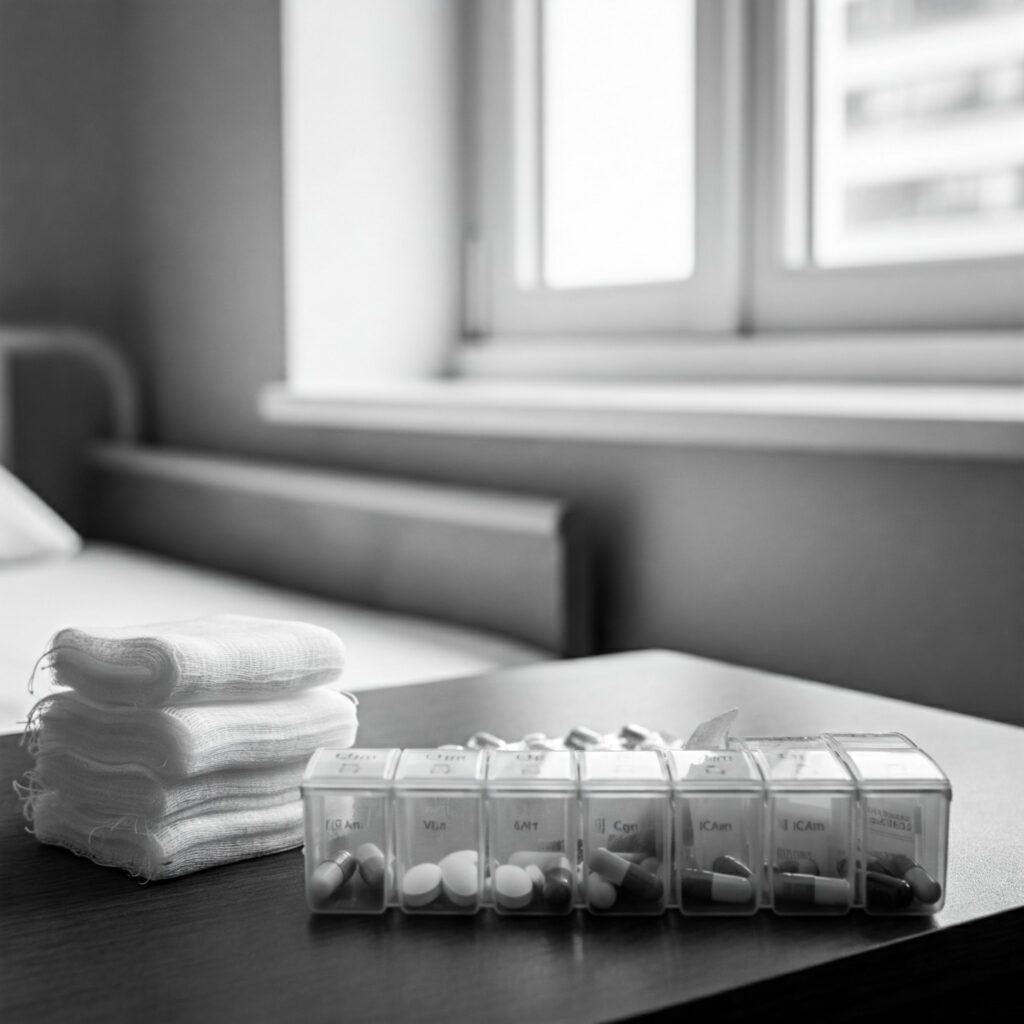By Garret DeReus, December 24, 2024
When seniors and disabled individuals require medical care at home, they trust home health agencies and hospice providers to deliver essential services with compassion and integrity. However, an alarming number of providers exploit this trust, prioritizing profits over patient care through Medicare fraud and negligent practices.

The Growing Crisis in Home Health Care
Home health care services are vital for patients who need skilled nursing care, physical therapy, or assistance with daily activities while remaining in their homes. For many elderly and disabled individuals, these services mean the difference between independent living and institutionalization.
However, recent federal investigations reveal widespread fraud in the home health industry. In 2024, the Department of Justice’s National Health Care Fraud Enforcement Action resulted in charges against 193 defendants for alleged fraudulent schemes totaling over $2.75 billion. These cases, brought by 32 U.S. Attorneys’ Offices and 11 State Attorneys General, likely represent only a fraction of the actual fraud occurring nationwide.
Real Impact on Louisiana Patients
A recent case in the U.S. District Court for the Western District of Louisiana illustrates the serious risks to patients. In June 2024, following a nearly four-week trial, Kristal Glover-Wing, the owner of Angel Care Hospice in Lafayette Parish, was sentenced to 72 months in prison and ordered to pay over $3.6 million in restitution. According to evidence presented at trial, it was alleged that between 2009 and 2017, over 24 patients were placed on hospice care without meeting Medicare’s required criteria.
The allegations were particularly troubling because many of these patients testified they never knew they had been designated as hospice patients. In one instance, a patient allegedly discovered their hospice status only after Medicare refused to cover a necessary medical procedure. According to trial testimony, while these patients had various medical conditions, none had been diagnosed with a terminal illness – a requirement for hospice care. Some patients had allegedly been placed on hospice for more than five years and were still alive and well at the time of trial.
This case, investigated by the Department of Health and Human Services Office of Inspector General and the FBI, demonstrates how healthcare fraud can directly impact patient care and access to necessary medical services. This case also suggests this type of fraud may be more widespread than commonly understood, as patients may be unaware they have been improperly designated for certain types of care.
The Silent Danger: Pressure Ulcers and Neglect
One of the most serious consequences of negligent home health care is the development or worsening of pressure ulcers, commonly known as bed sores. These painful wounds occur when patients remain in one position for extended periods without proper repositioning. When home health providers fail to:
- Regularly turn and reposition patients
- Properly dress existing wounds
- Maintain clean, dry skin conditions
- Monitor early signs of skin breakdown
- Follow wound care protocols
The results can be devastating. Pressure ulcers can quickly progress from minor skin irritation to deep tissue damage, leading to serious infections, sepsis, and in severe cases, death. Prevention and early intervention are crucial, making consistent and proper care from home health providers essential.
Beyond Fraud: The Problem of Negligent Care
Even when providers aren’t committing outright fraud, substandard care poses serious risks to vulnerable patients:
- Missed visits by nurses or care providers
- Inadequate monitoring of patient conditions
- Failure to provide prescribed treatments
- Poor communication with patients and families
- Insufficient staff training and supervision
These lapses in care can lead to devastating health consequences, including:
- Worsening medical conditions
- Preventable hospitalizations
- Increased risk of falls and injuries
- Emotional distress and isolation
- Premature loss of independence
Know Your Rights and Resources
If you believe a home health or hospice provider is failing to deliver appropriate care or engaging in questionable practices, there are several steps you can take. Medicare fraud and substandard care should be reported to state and federal authorities.
Healthcare providers have a legal obligation to deliver appropriate care to their patients. When they fail to meet their obligations – whether through fraud, negligence, or intentional misconduct – patients and their families can act to hold them accountable under state and federal law. Understanding your rights and available legal remedies is an important step in protecting vulnerable patients from harm.